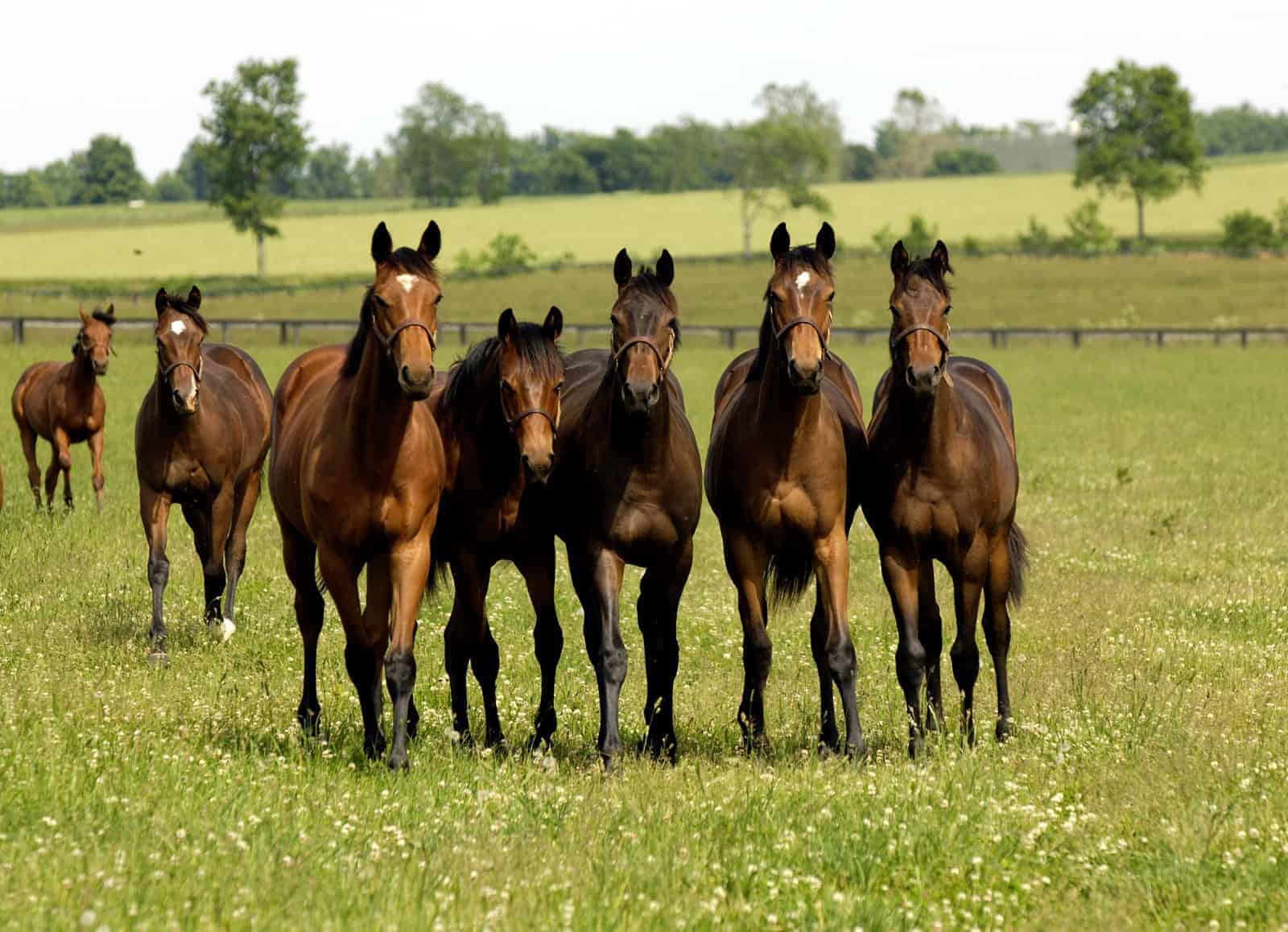Study: Management Practices Can Help OCD Lesions Resolve

Researchers know that osteochondrosis dissecans (OCD) lesions can develop in foals as the result of management practices—how they’re fed and housed. But they’ve recently learned that how we manage foals during their first 18 months can also affect how their osteochondral lesions evolve, and even help them heal.
Specifically, foals consuming little or no concentrated feed had more OCD cases that resolved on their own between six and 18 months of age, said Luis Mendoza, DVM, of the Mont-Le-Soie Equine Research Center, in Vielsalm, Belgium.
However, this doesn’t mean breeders need to jump to extreme conclusions and stop giving concentrated feeds to their young herd, he added. It’s all about balance
Create a free account with TheHorse.com to view this content.
TheHorse.com is home to thousands of free articles about horse health care. In order to access some of our exclusive free content, you must be signed into TheHorse.com.
Start your free account today!
Already have an account?
and continue reading.

Written by:
Christa Lesté-Lasserre, MA
Related Articles
Stay on top of the most recent Horse Health news with















